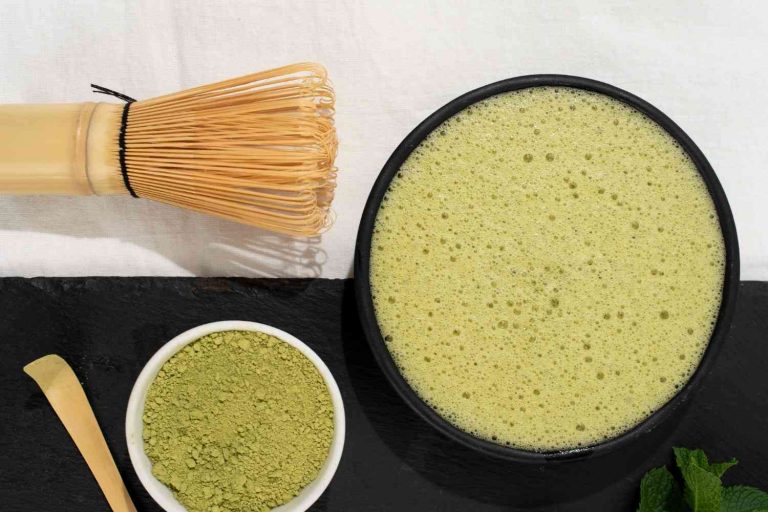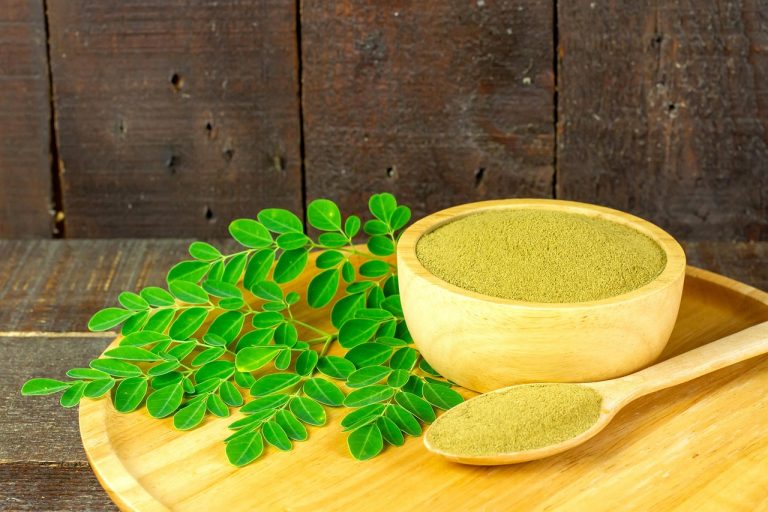Contents
Unveiling the Benefits of Cardamom Coffee for Belly Fat Loss
Midday slump meets your favorite mug. As the aroma of freshly brewed coffee dances in the air, it’s easy to forget the health benefits tucked inside that rich cup. Among the various styles and flavors, cardamom coffee stands out not just for its taste but also for its potential in aiding belly fat loss. Let’s delve into why incorporating this unique blend into your routine could be beneficial and what the latest research suggests.
Understanding Cardamom and Its Role in Coffee
Before we dive into the benefits, it’s essential to understand what cardamom is and how it complements coffee. Originating from South Asia, cardamom is a spice known for its fragrant, slightly sweet flavor and is often used in both cooking and traditional medicine. When paired with coffee, cardamom not only enhances the flavor but may also offer health benefits, especially concerning weight management.
The Benefits of Cardamom Coffee for Belly Fat Loss
1. Enhances Metabolism
One of the standout benefits of cardamom is its potential to boost metabolism. A study published in the Journal of Essential Oil Research found that cardamom can increase metabolic rate, which may lead to more effective caloric burn (Bharati & Harish, 2019).
How It Works: The active compounds in cardamom, such as cineole and terpinene, can stimulate thermogenesis—the process where your body generates heat and burns calories, even at rest. When added to coffee, this effect could be enhanced, helping you stay more active throughout the day.
Limitations: It’s worth noting that while metabolism is a key factor in weight loss, it’s just one part of a larger equation that includes diet and physical activity.
2. Regulates Blood Sugar Levels
Blood sugar spikes can lead to increased fat storage, particularly around the belly. Research published in Diabetes Research and Clinical Practice emphasizes that cardamom may help regulate blood sugar levels (Yalcin et al., 2018).
Impact on Fat Loss: By stabilizing your blood sugar, cardamom can reduce cravings for sugary snacks and help you maintain energy levels, lessening the chances of overeating.
Caution: If you’re on medication for diabetes, consult a healthcare professional before making significant dietary changes. Cardamom is not a substitute for prescribed medication but a potential complement.
3. Acts as a Natural Diuretic
Bloating often contributes to the appearance of belly fat. Cardamom has been shown to have diuretic properties, meaning it can help your body eliminate excess water weight. In a study appearing in the British Journal of Nutrition, cardamom consumption was linked to increased urine output, which can provide relief from bloating (Bárdos et al., 2016).
Quick Relief: When included in coffee, cardamom can offer a dual effect—boosting metabolism while also aiding in the reduction of temporary water weight.
Drawback: Keep in mind that while this may help with appearance, it won’t lead to actual fat loss. True weight loss comes from creating a sustained calorie deficit.
4. Rich in Antioxidants
Cardamom is packed with antioxidants, which contribute to overall health by combating oxidative stress and inflammation. A study in the Journal of Nutrition & Food Sciences highlighted the antioxidant properties of cardamom, suggesting it can enhance the effects of other beneficial ingredients, like coffee (Al-Mamary et al., 2017).
Effects on Weight Management: By reducing inflammation, cardamom may indirectly aid in weight management. Inflammation is often associated with metabolic syndrome and can hinder fat loss efforts.
Consideration: While antioxidants are beneficial, relying solely on spices won’t result in significant weight loss. A balanced diet is crucial.
5. Aids Digestion
A healthy digestive system is vital for any weight loss journey. Cardamom has traditionally been used to aid in digestion, and research indicates that it can help ease stomach discomfort and improve gut health. According to a study in the Journal of Ethnopharmacology, cardamom has been shown to enhance digestive functions (Khan et al., 2018).
Why It Matters: A well-functioning digestive system ensures better absorption of nutrients and can help manage appetite more effectively. Adding cardamom to your coffee can be a delicious way to promote digestive health.
Caveat: While cardamom may aid digestion, it’s essential not to strip away other necessary dietary fibers or probiotics that play crucial roles in gut health.
FAQ Section
How do I prepare cardamom coffee?
To make cardamom coffee, simply add crushed cardamom pods or ground cardamom to your regular coffee grounds before brewing. A common ratio is about ¼ teaspoon of cardamom per cup of coffee.
Can I drink cardamom coffee every day?
Yes, incorporating cardamom coffee into your daily routine can be beneficial. However, moderation is key, and it’s essential to consider your overall caffeine intake.
Does cardamom have any side effects?
Cardamom is generally considered safe, but excess consumption can lead to digestive upset or allergic reactions in sensitive individuals. If you have concerns, consult a healthcare professional.
Can cardamom coffee replace meals in weight loss plans?
While cardamom coffee can be a tasty addition to a balanced diet, it shouldn’t replace whole meals. For effective weight loss, focus on a comprehensive nutritional plan alongside regular exercise.
Conclusion
Cardamom coffee isn’t just a flavorful way to kickstart your day; it can support weight management efforts, particularly around the belly area. By enhancing metabolism, regulating blood sugar, acting as a natural diuretic, providing antioxidants, and aiding digestion, it’s a multifaceted beverage worth considering.
If you’re on a weight loss journey, think of incorporating cardamom coffee as part of a broader, balanced approach that includes healthy eating and regular physical activity. Before making any major dietary changes, especially if you have health conditions, consulting a professional is always wise. So, why not brew a cup of spicy goodness and see how it fits into your daily routine?
References
-
Bharati, J., & Harish, B. (2019). Effect of cardamom (Elettaria cardamomum) on body weight and metabolic parameters in Wistar rats. Journal of Essential Oil Research. URL: https://www.tandfonline.com
-
Yalcin, M., et al. (2018). The effects of cardamom on blood glucose and lipid levels in patients with type 2 diabetes. Diabetes Research and Clinical Practice. URL: https://www.sciencedirect.com
-
Bárdos, L., et al. (2016). Effect of cardamom on ethanol-induced oxidative stress in rat liver. British Journal of Nutrition. URL: https://www.cambridge.org
-
Al-Mamary, M., et al. (2017). Antioxidant potential of selected spices and herbs: A review. Journal of Nutrition & Food Sciences. URL: https://www.omicsonline.org
-
Khan, M. A., et al. (2018). The health benefits of cardamom: A review. Journal of Ethnopharmacology. URL: https://www.sciencedirect.com
Get Your FREE Natural Health Guide!
Subscribe now and receive our exclusive ebook packed with natural health tips, practical wellness advice, and easy lifestyle changes, delivered straight to your inbox.





